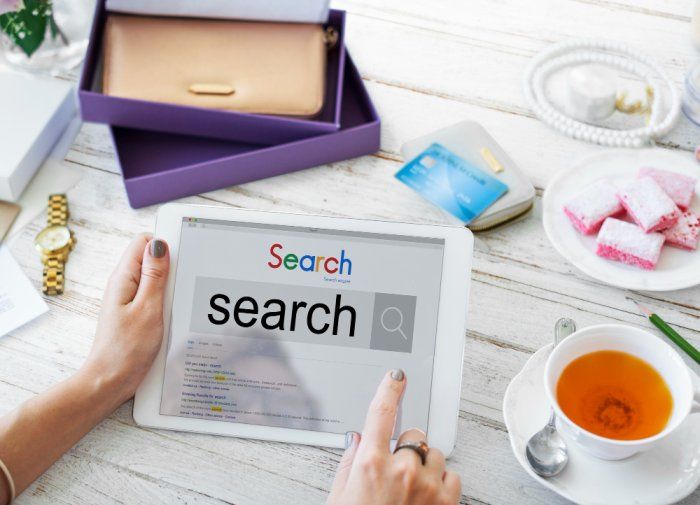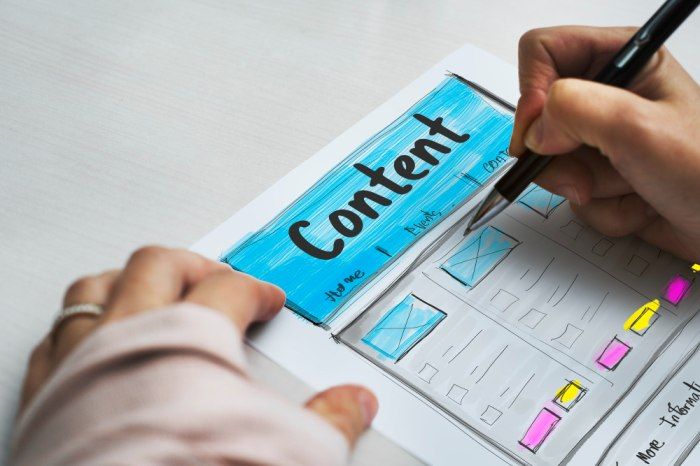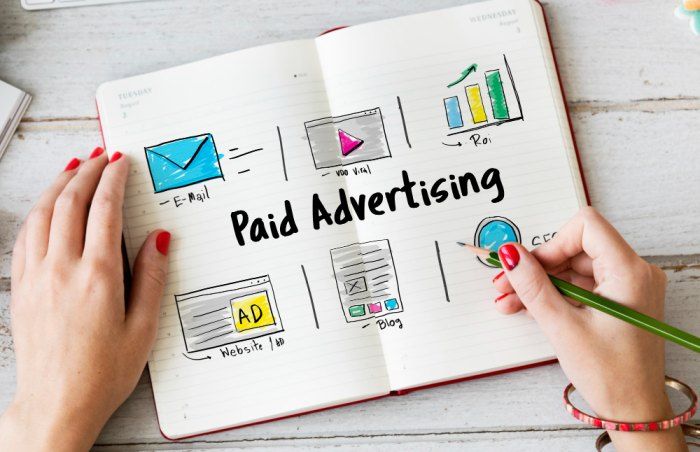Unlike the popular belief that people have these days — we trust that it would be a major, major understatement to say that AI in recent years has become a popular marketing tool.
Because not just popular — artificial intelligence in marketing has become a necessity now.
As per a marketing report published by SalesForce in 2020, a whopping 84% of marketers reported were using AI for marketing, in comparison to 29% in 2018.
And these very marketers are constantly finding more & more ways to integrate artificial intelligence in their marketing efforts with every passing day.
Therefore, it’s no surprise that businesses will include AI to stay ahead of their competitors in a plethora of different ways — as the use of artificial intelligence in businesses boost up the productivity by 40% in most of the cases.
But how are companies actually doing it? How is AI playing such a crucial role in marketing nowadays? What are its use cases in the marketing industry?
This article will give you all the information you need to know about AI and its contributions to the marketing digital marketing space across the globe.
But first — let’s re-visit the basics of AI once.
What Is Artificial Intelligence Based Marketing?
To start within — you must be knowing that Artificial intelligence or AI is a broader term that refers to the simulation of human intelligence being processed by machines, especially computers.
So, at the core of it, AI is simply a constellation of a number of different technologies that are capable enough to perform tasks that generally require human intelligence.
And because these programs learn, act, and perform with human-like levels of intelligence — they save the marketers a lot of time and money.
Now, AI-marketing or AI based marketing is a method where marketers leverage AI to collect data, customer insights, predict customers’ future moves, and make automated decisions that positively impact their marketing efforts.
Ergo, we marketers can target the right strategy to the right person in a time-saving and effective way — while AI does all the heavy lifting.
How Artificial Intelligence Can Be Used In Marketing?
The possibilities are endless — however, the of the use cases which have been achieved already or can be achieved in the coming years are:
1) Search Engines
For years, Google and Bing have been using AI.

In fact, in 2015, Google announced RankBrain, an algorithm for their search engine which provides a lot more relevant search results using Machine Learning, a subset of AI.
Then In 2017, Bing launched their Intelligent Search to provide user queiries with more comprehensive responses and pictures.
You see, it is the emantic search and natural-language processing that AI offers help users get a lot more relevant results on search engine.
The best thing about it is that they work even with misspelled or really broad queries — which eventually help marketers to sell their products to a wider audience, with simply tweaking the keywords right.
2) Sales Forecasting
The use of AI in marketing helps marketers understand customers and take part in their activities based on the information gathered from their contacts and previous purchases.
When it comes to sales, artificial intelligence allows for the creation of predictive models that examine datasets and reveal factors that impact profit margins and revenue.
To learn from data, the forecasting tool uses machine learning algorithms. Natural language processing is able to add context to a sentence. In fact, AI-powered software can equip the sales forecast with a lot more related and deep data such as weather and traffic conditions.
3) Crafting Personalized Customer Experiences
Brands nowadays rely heavily on AI to enhance their customer experience by providing individual clients with a lot more personalised content, offerings and top-class support.

For example, have you ever visited an online store, added some of your preferences and then all the products you see on the website are the ones that you may enjoy and have features exactly what you are looking for?
It is one of the many ways how AI is used to identify, analyze & the recommendation of products that meet your needs — enhancing your experience as a customer manifold.
This way, companies are able to increase their sales, improve customer involvement & maximize customer satisfaction at the same time,
4) Content Creation
AI based content creation tools are not a novelty anymore.

There are a number of Copywriting & Content Writing tools out there such as Copy.ai that contribute to the content creation process of marketers a lot — making it extremely fast and efficient.
Although most of the core content is based on human creativity, the AI tools can be utilised to maximise the efficiency of your content team by helping you generate written content within seconds, and making your content look as authentic as possible.
5) Improved PPC Marketing
One of the most common and most appreciated use of AI in the marketing field is it’s contribution to the PPC or Pay-Per-Click marketing tools.

- Smart bidding
- Micro-moment targeting
- Performance analysis
- Dynamic search ads
- Price optimization
- And even in creating Ad Copies
6) AI Based Chatbots
We’re pretty sure you may have interacted with a bot in an online store, either via their website's Live Chat, or over any social media channel like Facebook Messenger.
This is nothing but AI doing it’s job of improving customer service for online stores.
Apart from answering customers' repetitious questions about, you know, pricing, size, and quantity, AI is best leveraged to provide personalised and targeted content that is potentially way more efficient than people.
We believe it would be best if AI based chatbots are combined with highly personalized content — as it would turn the chatbots into proactive advertisers, not just used for direct customer acquisition.
7) Dynamic Pricing
Dynamic Pricing is often referred to as personalized pricing. It’s a pricing strategy where the price of a product or services is determined by demand and/or supply.
A good example is the prices of ride-sharing apps such as Uber, where the prices of cabs increase as demand rises and supply is less or vice-versa.
Therefore, a similar pricing structure of a similar nature can be applied on other online websites or app, where an AI bot monitors the predictive analytics use cases on your website such as cookies, history, searches, and other activities — and provides you with real-time pricing.
This means your customers will get fewer discounts and/or higher prices for the product/service, when the traffic on your website is high.
It doesn’t sound fair for your customers, right? But it is for you as business.
Wrapping Up
Honestly, it would’t be wrong to say that AI has made some significant leaps and bounds since it’s introduction to use, and it already started to shape the future of marketing.
While the use cases and the degree of AI in your business’ involvement would vary from someone from any other industry — one is thing is sure that AI is the future.
Therefore if you plan on running an online business in the coming years, having AI-powered marketing and tools in your arsenal is a must.
Thanks for reading!


